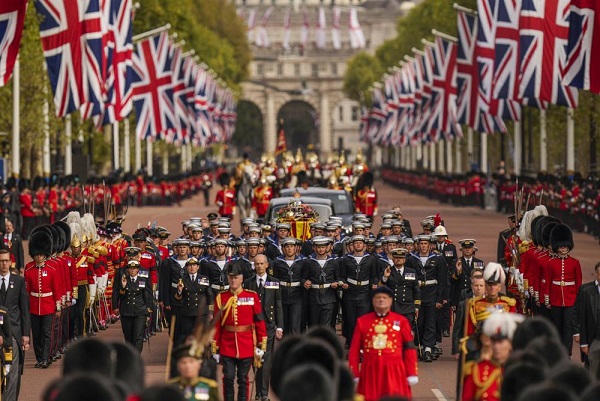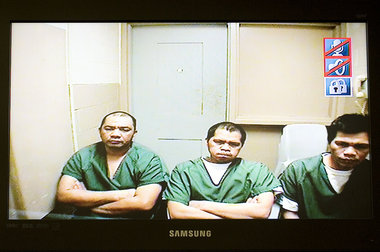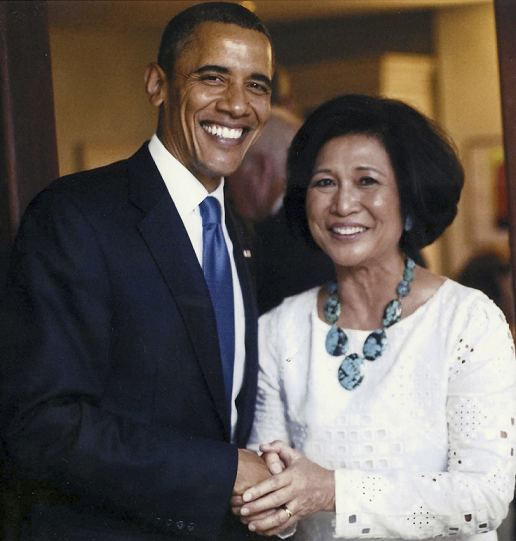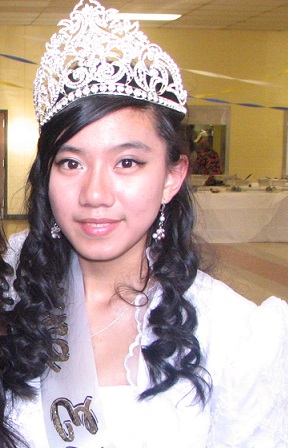How a Filipina journalist fell out of love with UK’s royal family

By Stella Gonzales
LONDON — Like many Filipinos, I was enamored with the UK’s royal family.
I distinctly remember sitting in front of the TV in our apartment in Manila to watch the fairy tale wedding of Prince Charles and Diana on July 29, 1981. We had no classes that day because our college professor said we would learn more from watching that event than by attending her lecture.
I was in Wales, taking a journalism course, when Diana was killed in a car crash in Paris on August 31, 1997. I travelled to London the next day and went to Kensington Palace where people were mourning and laying flowers in front of the gates. I was teary-eyed. It took days before Queen Elizabeth responded to Diana’s death; before this, a pro-monarchy tabloid, in a dig at the Queen, wrote the headline: “Show us you care.” Another said: “Where is our Queen?”
I was still very much a fan of the monarchy when I moved from Manila to work in London in 2011. Like millions around the world, I watched the wedding of Prince William and Kate, and Prince Harry and Meghan on TV. I even bought a souvenir lip balm marking Harry and Meghan’s nuptials.
I remember asking my boss one morning if I could take an early break from work because Prince Charles and Camilla were at Borough Market for the dedication of the market’s bell. I took blurry photos of the couple and was giddy with excitement when I came back to the office after.
When family or friends came to visit me, I would take them on a tour of Buckingham Palace or Windsor Castle so they could see the majestic halls and rooms and marvel at the beautiful centuries-old paintings and the magnificent ceilings and carvings.
But my ardor for the monarchy waned over the years. I learned more about the country and its colonial past, listened to arguments on why the UK should no longer have a monarchy, and saw with my own eyes the rise of social inequality.

Many people — although surveys show they are not the majority — believe the monarchy should now be abolished. They say the monarchy is a relic of the past. It perpetuates privilege and an outmoded class system. The automatic inheritance of the Crown does not jibe with the principles of democracy.
The monarch’s wealth runs into hundreds of millions of pounds, yet one in five people in the UK, according to 2022 data, are in poverty. An entire team prepares luxury meals for the Queen’s corgis, even as too many poor households have to go without food for a whole day.
The monarchy also showed that it could be tone-deaf at crucial times; the Queen’s much-delayed response to Diana’s death was one. It took years for the monarchy to finally remove Prince Andrew from official royal life in the wake of the sexual assault allegations against him. Before that, the palace had stood steadfastly behind him even when people were questioning his friendship with sex offender Jeffrey Epstein and why he kept that friendship even after Epstein was convicted.
And then, of course, there is the monarchy’s relationship with Meghan. Did some members of the royal family and even staff really treat her badly because she is half-Black? One may or may not believe what she and Harry said in their Oprah interview in 2021, but their outspokenness reminded people of what Diana said in 1995: she did not receive much support from the royal family when she had depression.
Some people asked on social media why she, like any grandmother would have done, did not personally intervene to patch up the strained relationship in the family. Some royalists, however, countered that she was the Queen and thus should not be expected to act like your own grandmother: stiff upper lip and all that, even in one’s own family.
I understand why some people cried at Westminster Hall where the Queen was lying in state. But not everyone is grieving over her death, and they should not be expected to have an emotional connection to the late monarch and join the hours-long queue at Westminster.
In my London neighborhood, people went on with their normal lives: the high street weekend market was full as always, noisy children played in parks, people watched (the very few) football matches and had a few pints of beer at the pub. There was no sense of sorrow or gloom.
On the day of the Queen’s funeral, much was said about how London “stood still”. Yes, it mostly did, but people really did not have much choice: shops, grocery stores, pubs, restaurants and entertainment venues decided to close. Sporting events including even children’s games were cancelled, and unfortunately so were medical screenings and operations. Out of “respect” for the Queen, several food banks, which Britain’s poor rely on for their meals, also closed.
Stella Gonzales is a Filipina who has been working as a journalist in London since 2011.











